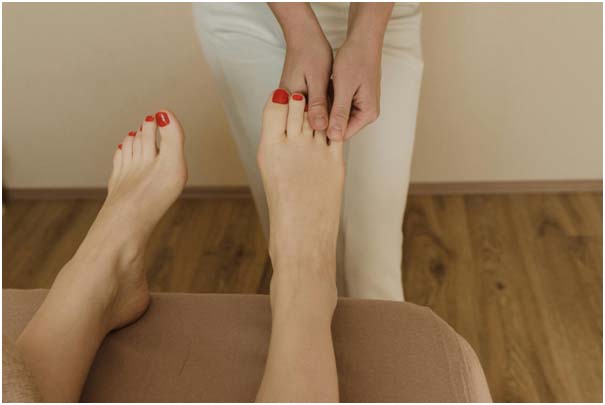In layman’s terms, vaccines are a simple and effective way of achieving protection against diseases as they help build immunity by developing antibodies and prevent infectious diseases from spreading.
The COVID-19 pandemic has made the importance of proper healthcare apparent to the population around the world. The increased awareness among healthcare officials and people has propelled the vaccine market development.
Before the onset of the COVID-19 pandemic, the development and access to vaccines that prevent infectious and life-threatening diseases were unregulated and it was unequally distributed to all infants, children, and adults around the world. But the situation has drastically changed as COVID-19 brought to light the lax and mismanagement in a medical organization.
Although there is still a lot needed to be done to ensure equal distribution, financing, provision, and administration of vaccines to all populations around the world, agencies around the world are working hard to address the global demand for vaccines.
Vaccines are an integral part of our healthcare that can reach the largest number of people in the world than any other type of healthcare service. Here are three primary benefits of vaccines that impact global healthcare.
Vaccination can Help People Lead a Healthy Life
Vaccines have helped in reducing the number of deaths worldwide, caused by infectious diseases. For example, the death rate of children under the age of five went down by around a quarter between 2010 and 2017. This was made possible by the utilisation of measles vaccines and the immunizations alone have helped in saving 25.5 million lives since 2000 and progress toward the eradication of polio.
Vaccines help not only newborns and children but even the elderly. They can preserve the health of the working population, the elderly, and the vulnerable, allowing individuals to live longer and healthier lives.
After a majority of the people are vaccinated, it can technically create a sort of barrier for those who are not vaccinated. Furthermore, fewer illnesses signify a lower risk of disease transmission to family members and other people in the community.
Additionally, vaccination can also help mothers transfer antibodies to their foetus through blood or to babies through breastfeeding.
Vaccines can Help Reduce Disease Severity
Vaccines have diverse roles and different objectives, and it is one of the least known aspects of vaccinations.
Some vaccines, for example, are not meant to protect people against infection. They can, however, prevent the onset or severity of a condition in case an individual gets infected. This aspect is a key feature of most COVID-19 vaccines, which influences the severity of the disease for those who are infected. This has helped many nations with high immunization rates to maintain a lower trend curve in hospitalizations and deaths when compared to other countries in the opposite situation.
Immunization can also Help Countries Maintain their Economy and Productivity
The system is pretty clear by now. Vaccines can be the foundation of a healthy and productive population and a healthy population leads to a well-functioning and developing country.
Disease outbreaks can overwhelm and cause severe disruption of health programs and services. Vaccines can act as a shield for governments to protect themselves from devastating economic consequences of disease epidemics such as the recent COVID-19 pandemic.







